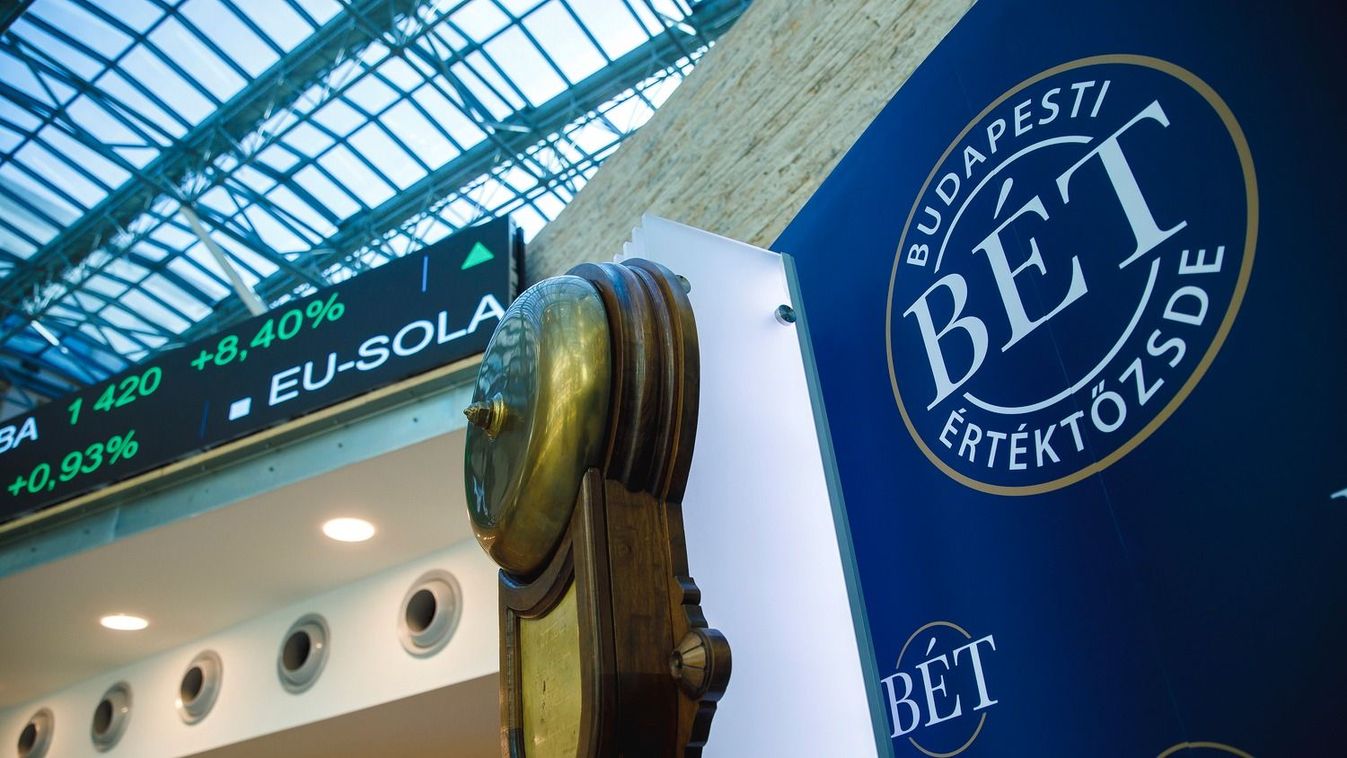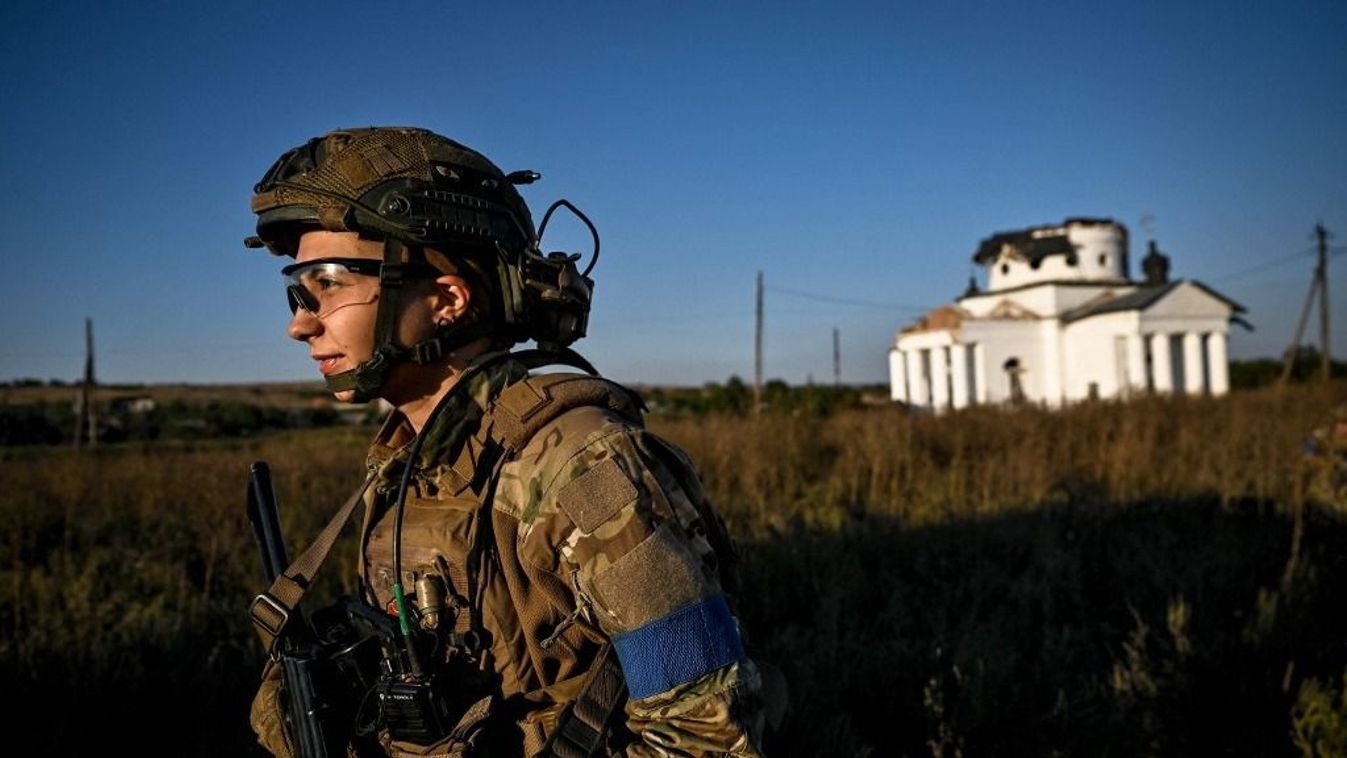késleltetett adatok
Saif Qaddafi and Me
The meeting, as it turned out, was a letdown. I was first briefed by a former Monitor Company employee, who gently intimated that I should not to expect too much. Saif himself held photocopies of pages from one of my books on which he had scribbled notes. He asked me several questions – about the role of international NGOs, as I recall – that seemed fairly distant from my areas of expertise. I don’t imagine he was much impressed by me; nor was I much taken by him. As the meeting ended, Saif invited me to Libya and I said – more out of politeness than anything else – that I would be happy to come.
Saif never followed up; nor did I. But if a real invitation had come, would I have traveled to Libya, spent time with him, and possibly met his father and his cronies? Would I have been tempted by arguments such as: “We are trying to develop our economy, and you can really help us with your knowledge?” In other words, would I have followed in the footsteps of several of my Harvard colleagues who traveled to Libya to exchange views with and advise its dictator – and were paid for their services?
These scholars have been pilloried in the media in recent weeks for supposedly having cozied up to Qaddafi. Sir Howard Davies chose to resign as Director of the LSE, which awarded Saif his doctorate (which some allege was plagiarized) and took money for the school from the Libyan regime.
There is a strong sentiment that academics and institutions that collaborated with such an odious regime – often with the encouragement of their governments, no doubt – suffered a grave lapse of judgment. Muammar el-Qaddafi’s murderous stance during the uprising has revealed his true colors, regardless of his more moderate posture in recent years. And Saif al-Islam’s recent support for his father suggests that he is not the liberal reformer many took him to be.
But it is much easier to reach such judgments with hindsight. Were the moral overtones of dealing with the Qaddafis so obvious before the Arab revolutions spread to Libya? Or to pose the question more broadly, is it so clear that advisers should always steer clear of dictatorial regimes?
Universities all over the world are falling over each other trying to deepen their engagement with China. Most academics would jump at the chance to have a meeting with China’s President Hu Jintao. I haven’t heard much criticism of such contacts, which tend to be viewed as normal and unproblematic. And yet few would deny that China’s is a repressive regime that deals with its opponents harshly. Memories of Tiananmen are still fresh. Who is to say how the Chinese leadership would respond to a future pro-democracy uprising that threatened to undermine the regime?
Or what about a country like Ethiopia? I have had intensive economic-policy discussions with Prime Minister Meles Zenawi in Addis Ababa. I must confess to having enjoyed these talks more than most meetings I have in Washington, DC and other democratic capitals. I have no illusions about Meles’ commitment to democracy – or lack thereof. But I also believe that he is trying to develop his economy, and I offer policy advice because I believe it may benefit ordinary Ethiopians.
The conundrum that advisers to authoritarian regimes face is akin to a long-standing problem in moral philosophy known as the dilemma of “dirty hands.” A terrorist is holding several people hostage, and he asks you to deliver water and food to them. You may choose the moral high ground and say, “I will never deal with a terrorist.” But you will have passed up an opportunity to assist the hostages. Most moral philosophers would say that helping the hostages is the right thing to do in this instance, even if doing so also helps the terrorist.
But choosing an action for the greater good does not absolve us from moral culpability. Our hands do become dirty when we help a terrorist or a dictator. The philosopher Michael Walzer puts it well: “It is easy to get one’s hands dirty in politics.” He immediately adds, however, that this getting one’s hands dirty in this way is “often the right thing to do.”
In the end, an adviser to authoritarian leaders cannot escape the dilemma. Often, leaders seek the engagement only to legitimize their rule, in which case the foreign adviser should simply stay away. But when the adviser believes his work will benefit those whom the leader effectively holds hostage, he has a duty not to withhold advice.
Even then, he should be aware that there is a degree of moral complicity involved. If the adviser does not come out of the interaction feeling somewhat tainted and a bit guilty, he has probably not reflected enough about the nature of the relationship.
Copyright: Project Syndicate, 2011.
www.project-syndicate.org

Portfóliónk minőségi tartalmat jelent minden olvasó számára. Egyedülálló elérést, országos lefedettséget és változatos megjelenési lehetőséget biztosít. Folyamatosan keressük az új irányokat és fejlődési lehetőségeket. Ez jövőnk záloga.





















